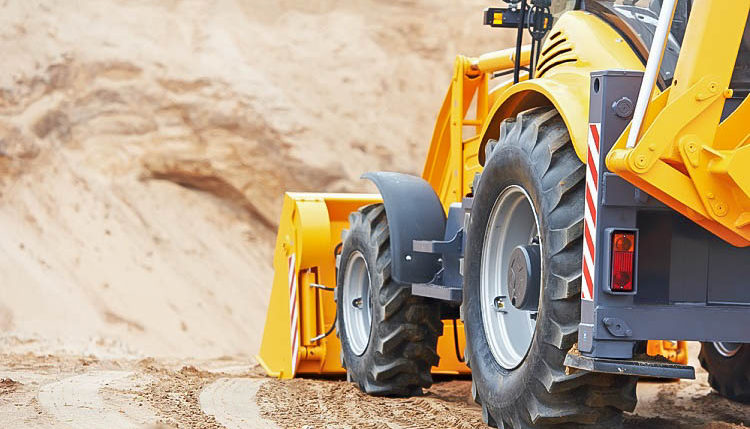Everything You Need To Know About Heavy Equipment Financing

Heavy Equipment Financing is an essential consideration for businesses and organizations that require heavy machinery, vehicles, and other types of equipment. The cost of these items can be substantial, so many companies choose to finance their purchases rather than paying for them outright. By financing their equipment, companies are able to preserve their working capital and invest in other areas of their business.
This article will provide a comprehensive guide on everything you need to know about Heavy Equipment Financing, including the available financing options, terms, rates, conditions, and factors to consider before entering a financing agreement.
Whether you are a business owner or an equipment manager, this guide will help you make an informed decision and secure the financing you need to purchase the equipment you require for your business operations.
How does equipment financing work?
Providing a business or organization with the funds to purchase heavy machinery, vehicles, and other types of equipment. The financing can come in the form of a loan, lease, or rental agreement, and the terms and conditions of the financing agreement will determine the cost and the length of the financing.
It's important to understand the terms and conditions of the agreement, including the monthly payment amount, the interest rate, and the length of the financing. It's also important to consider the type of equipment being financed, the financial standing of the business or organization, and the lender's credit requirements before entering into a financing agreement.
Qualifying for an equipment loan
Businesses and organizations that need financing to purchase heavy machinery, vehicles, and other types of equipment. The qualifications for an equipment loan will vary from lender to lender, but generally, lenders will consider the following factors:
- Credit history and score - A lender will typically review a borrower's credit history and score to determine their creditworthiness and ability to repay the loan.
- Financial stability - Lenders will look at the financial stability of the business or organization, including revenue, profit margins, and cash flow.
- Type of equipment - The type of equipment being financed will be considered by the lender, as well as its value, age, and condition.
- Down payment - Some lenders may require a down payment, which may be a percentage of the total loan amount.
- Collateral - Some lenders may require collateral, such as a personal guarantee, a lien on the equipment being financed, or a pledge of other assets.
- Purpose of the loan - The lender will want to know the purpose of the loan, including the type of equipment being purchased and how it will be used in the business.
It's important to have a clear understanding of the qualifications for an equipment loan before applying for financing. This can help ensure that the loan process goes smoothly and that the business or organization secures the financing they need to purchase the equipment they require.
Conclusion
Heavy Equipment Financing is an important consideration for businesses and organizations that require heavy machinery, vehicles, and other types of equipment. With the right financing, companies can preserve their working capital and invest in other areas of their business. Understanding the different financing options available, such as loans, leases, and rental agreements, as well as the terms, rates, and conditions, and factors to consider before entering into a financing agreement, is critical to making an informed decision and securing the financing you need.
If you have any questions about heavy equipment financing or refinancing, we are here to help you in any way.
Call us now at 905-565-8667 or fill our 'Apply Now' form and we will contact you as soon as possible.
